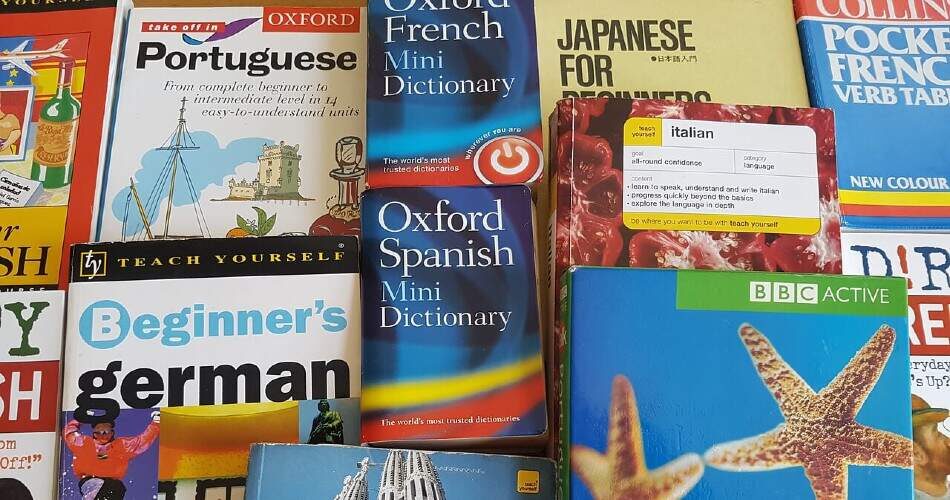Estimated reading time: 3 minutes
Most of those who occupy this profession were at one point or another in the middle of a conversation where, speaking of this discipline, the interlocutor had a sort of preconception about the translator’s activity. You have probably heard at least one of the following five misconceptions about translation and translators.
1. Anyone who speaks two languages can translate
Many people think that if a person speaks two languages, it automatically becomes a translator. Not true. Translation requires a number of skills that are acquired through education and experience, in addition to innate abilities such as creativity, cultural sensitivity and attention to detail. Otherwise, there would be no translation programs offered by prestigious universities and institutions around the world, nor would be any academicians who spend their lives researching the characteristics and particularities of the discipline.
2. Translation and interpretation are the same thing
“So, you are a translator. Are you doing simultaneous translations?” This is an expression that I have heard several times. Everything starts from the fact that most people do not seem to understand the difference between translation and interpretation. They think they are synonymous words but they are mistaken.
Translating and interpreting are two completely different concepts. Translators translate written texts (literary, commercial, legal, financial, etc.) while interpreters translate spoken language either consecutively or simultaneously at conferences, tribunals and events, among others, to overcome language barriers. In order to be an interpreter, it is necessary to be quite extrovert, to have a good memory and to speak very well in public, characteristics that a translator does not necessarily have.
3. Being a certified translator is the only way to work in translations
For those unfamiliar with the subject, the official translation is the certified translation of documents in order to apply to universities, visas to embassies and bank loans, among others. The certified translator must pass an exam to be certified and get the stamp he needs to certify his translations.
People often think this is the only type of translation that exists. But you can also gain experience by translating web pages, advertising texts, documents for international organizations, and plenty of other documents that do not require the stamp.
4. The most important thing for a translator is to master a foreign language
The ability to speak well in a second language is not so important to a translator.
While it is true that in order to be a good translator you must have excellent knowledge of a foreign language, what is more important is to have impeccable writing skills in your mother tongue.
5. Good translators translate both into their mother tongue and foreign language
This is probably the most common mistake when speaking about translations. People often understand that translators translate only into their mother tongue.
What is clear is that the product of a translation will never be as good if is translated into a second language and not in the mother tongue. This is the language that we know and master best, is the one we have learned since we were little. It would be preferable for those who translate into a foreign language to find someone native in that language to read, correct and edit the translation before delivery.
For the second part of this topic, check out our article: Top 11 misconceptions about translations and translators (second part).
[Photo from Pixabay]
